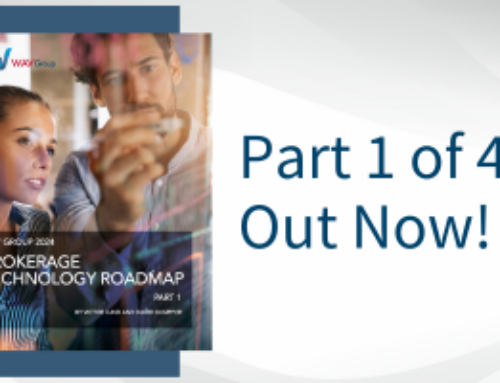 The tragedy of software in real estate is lack of adoption by agents. Brokerage firms and MLSs who invest dearly in technology solutions start out with the hope that agents will use it and success will come. Since hope is not a strategy, more work is required to find success.
The tragedy of software in real estate is lack of adoption by agents. Brokerage firms and MLSs who invest dearly in technology solutions start out with the hope that agents will use it and success will come. Since hope is not a strategy, more work is required to find success.
First of all, there is a difference between a site license and a user license. As you enter into partnerships with vendors, consider user licenses. That will bind both the vendor and the company to a mutual goal of driving agent adoption of the application. Companies should not pay license fees for software that is not used.
Adoption Strategy has a few components that should be considered in advance of choosing your vendor partner. They include onboarding agents, training, support, and communicating best practices.
Who’s in?
Onboarding and Managing Agents – This is an ongoing effort that never subsides. Basically, it is important to manage two lists. The first is a list of agents who have adopted the solution. The second is a list of agents who have not. At a frequency that is agreed upon, email and telemarketing communications to non-users is critical. Perhaps the list should be reviewed once a month. Firms need to add new agents to the list as part of the onboarding process. A warm introduction is a good start. It is also important that you advise the vendor when the agent departs the firm. Add a requirement to your software license agreement to get a user report each month.
Let’s Get Started
Training is obvious. The best practice is to offer three training classes – basic, intermediate, and advanced. Depending on the application and the number of updates, you may want to have a training class that introduces new features as they come out. Organizations should consider live training and online webinar training. Sometimes you need to stand in front of the agent, but usually a webinar will suffice. Agents are busy and always juggling priorities. It is a good practice to record the online training and publish it to YouTube so agents can watch it anytime. Add a requirement into your software license agreement to have the vendor support the company with regular training.
Can I get some help please?
Agents will naturally abandon an application if they get stuck. Sometimes a feature is broken or the user is not fully aware of how to use it. Help desk calls are valuable to track. They allow the vendor and the company to inform future development and training. Many companies also create FAQs that are available from the menu of the application. They become very useful for repeat help desk calls. The help desk can get the agent through the rough spot, then follow up with a link by email that will remind the agent how to do something if they get stuck in the same place again in the future. After awhile, agents also adopt a practice of looking at the FAQs before calling the help desk in the future. The help desk call log is a great measure of agent satisfaction and software usability. Most technology firms keep the call log and/or have a ticketing system for tracking. Sophisticated solutions include a report on hold times and call duration – even a post call satisfaction survey. Add a requirement into your software license agreement to get a monthly help desk report from your vendor.
These three things can go a long way toward improving adoption of the applications that you offer as a value to agents. Moreover, they help agents succeed in real estate. Software does not do the work for the agent, but it makes the agent’s work more effective and efficient. Supported correctly, your company will thrive with great applications.
WAV Group Consulting works with MLSs, Associations of REALTORS®, enterprise brokerages, and the technology firms that support them. If you need help, give us a call.





Leave A Comment